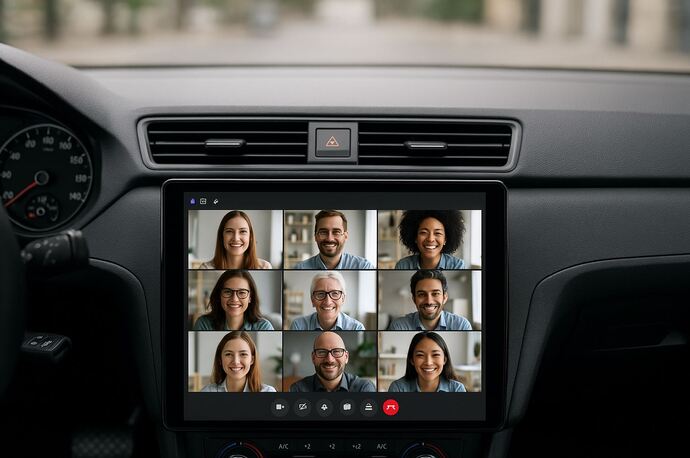How do we kill each other in Britain?
February 21, 2019

Talk about road fatalities centres almost exclusively about numbers killed. It's a narrative that masks not only the misery caused by each death, but details about who is doing the killing.
1,793 people were killed on Britain's roads in 2017. But what about if we put that statistic to one side and focussed on which vehicles are involved most frequently in the crashes that injure and kill? It's an approach that's out of line with current road safety lobby doctrine, based as it is on victim blaming, but it might go some way to reducing the risk to vulnerable road users.

The graphic above is by SWOV, the Dutch institute for road safety research and details the relative risk posed by a variety of modes of travel; from walking up to HGVs. It highlights the inequality on the road. More important that recognising that the vulnerable road users on the graph that come off worst is to ask what makes them vulnerable in the first place.
Here in Britain we trail far behind the Netherlands in our provision for cyclists and pedestrians. We have yet to recognise road crime as real crime. And while we are aware of the disproportionately high risk posed by HGVs, their drivers are subject to the same apathetic road law.
Only this week, the driver of an articulated lorry in London - who already had 6 penalty points on his licence - was convicted of using a mobile phone behind the wheel and awarded another 6 points. However, he escaped an automatic ban by pleading exceptional hardship. In so doing, he joins the 10,000+ British motorists who continue to drive legally with 12 or more penalty points. One driver accrued 62 penalty points without having a ban imposed by magistrates.

Until we focus on who is doing on who is killing whom, and why, road danger will continue to increase.
Ethical insurance
The ETA has been voted Britain's most ethical insurance company for the eleventh year in a row.
The Good Shopping Guide each year reveals the good, the bad, and the ugly of the world’s companies and brands, with a view to supporting the growth of social responsibility and ethical business as well as a more sustainable, just society.
Beating household-name insurance companies such as John Lewis and the Co-op, we earned an ethical company index score of 89 – earning us a joint-first place with Naturesave.
The ETA was established in 1990 as an ethical provider of green, reliable travel services. 29 years on, we continue to offer cycle insurance, travel insurance and breakdown cover and home insurance while putting concern for the environment at the heart of all we do.
Information correct at time of publication.







